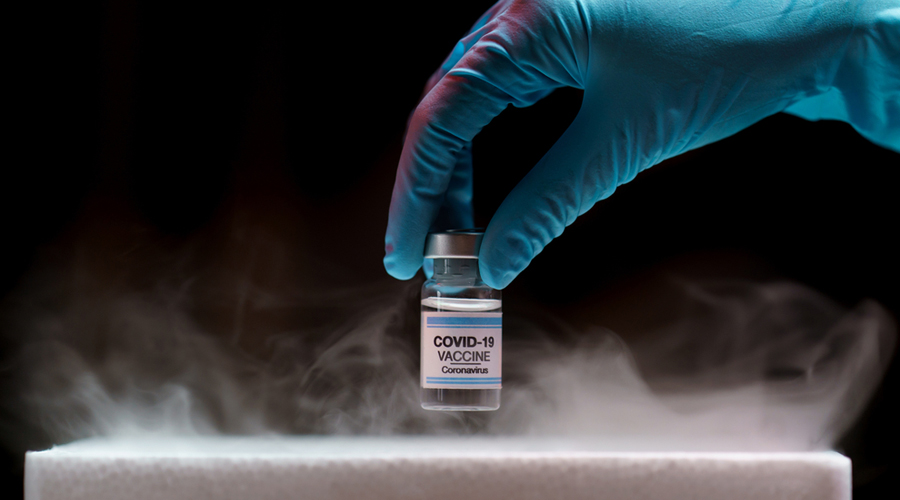The nationwide Covid-19 vaccination drive starts on Saturday amid speculation among some doctors whether the home-grown vaccine, which is yet to prove its efficacy, is being sent to public institutions that have fewer opportunities to question the decision.
The doctors who have questioned the inclusion of the home-grown Covaxin from Bharat Biotech alongside the AstraZeneca-Oxford vaccine at the start of the inoculation campaign say the proposed split of the two vaccines in Delhi has amplified their concerns.
Six government hospitals in Delhi will receive Covaxin while all the 42 private hospitals will receive the AstraZeneca-Oxford vaccine, Covishield, produced in India by the Serum Institute of India, according to a document received by the sites.
While government district hospitals will also receive Covishield with the private hospitals, the public hospitals to receive Covaxin are the All India Institute of Medical Sciences, Safdarjung Hospital, Ram Manohar Lohiya Hospital, Kalawati Saran Hospital and two Employees State Insurance hospitals.
The Union health ministry has not explained the criteria adopted to decide how the 11 million doses of Covishield and 5.5 million doses of Covaxin that have been ordered to initiate the vaccination campaign would be split between the states or between the hospitals within a state.
Multiple messages this newspaper sent to health officials asking about the criteria have remained unanswered.
How the vaccines are split assumes significance because, several doctors and researchers said, many among them are unconvinced about the wisdom of introducing Covaxin before waiting for efficacy results that they expect to emerge in another two months.
In Tamil Nadu, the state government doctors’ association has circulated a note to its 20,000-odd members recommending that all practising doctors go for vaccination and “insist on Covishield” until the efficacy results of Covaxin are out.
“These are suggestions for doctors in government service in the state. Vaccination is voluntary, the choice remains with the individual,” N. Ravishankar, a doctor at the Government Medical College in Coimbatore and the association’s secretary, told The Telegraph.
“We’re not opposed to Covaxin — all we’re pointing out is the absence of evidence for efficacy.”
India’s drug regulatory authority on January 3 accepted the recommendations of an expert panel and approved restricted emergency use of Covaxin on the basis of its safety and its capacity to generate an immune response. Covishield’s efficacy has been proved in trials outside India.
Health officials have over the past week underlined the safety and immunogenicity of Covaxin and defended the accelerated approval, citing the daily lives lost to Covid-19. But several doctors have told this newspaper they do not understand the haste to release the vaccine.
A senior medical doctor from a government academic institution told this newspaper: “Vaccination campaigns should be based on trust. I’m worried that this campaign being rolled out could erode gains that India has made over the decades through vaccines.”
The health ministry has signalled that the recipients will have no choice over the vaccine.
The inoculation campaign will start on Saturday at 3,006 vaccination sites across the country. Each site has been asked to cap the number of inoculations to around 100 per day.
During the campaign’s first stage, around 10 million healthcare workers are expected to receive the vaccines. This is expected to be followed by the inoculation of 20 million frontline public workers.
The vaccine options are under discussion in medical circles across the country. “Many, particularly the younger lot, seem to wish to wait for the efficacy results to come out,” a doctor-researcher said, describing the exchanges among peers.
Many researchers believe that the haste to roll out Covaxin reflects a political desire to launch a home-grown vaccine alongside Covishield, facilitated by officials and researchers willing to play along.
“Not waiting for even preliminary efficacy evidence before starting injections of Covaxin looks like one more step in a process that seems more focused on nationalistic brownie points than on substantive public good,” Satyajit Rath, a medical immunologist and adjunct faculty at the Indian Institute of Science Education and Research, Pune, told this newspaper.











